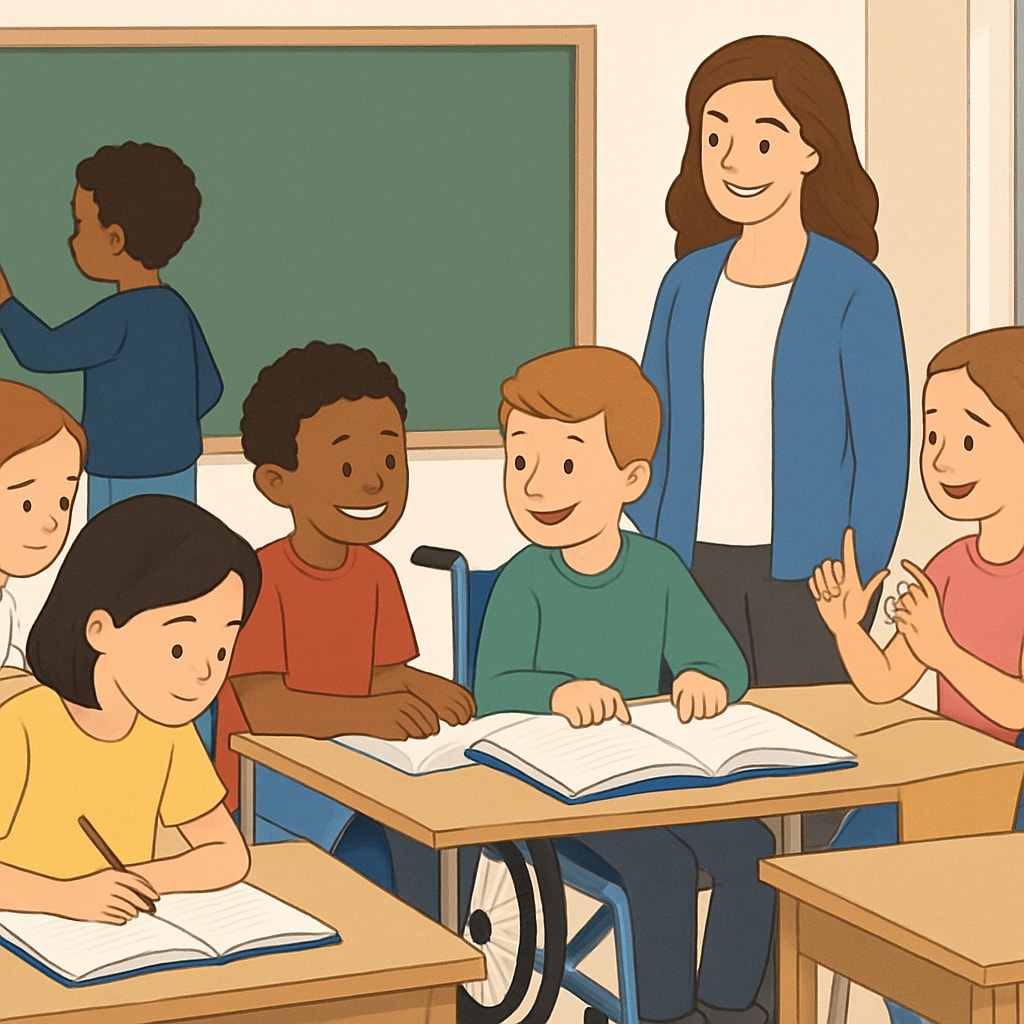The concept of “talent” often dominates discussions about education, shaping how students are evaluated and categorized. While this label may seem harmless or even complimentary at first glance, its pervasive use in educational systems creates significant challenges. The “talent” paradigm generates immense pressure on so-called “gifted” students, while simultaneously sidelining those deemed “average.” This dual harm raises important questions about how education systems can better support all learners by focusing on effort, growth, and inclusivity.
The Hidden Burden of Being Labeled “Gifted”
Being labeled as “gifted” or “talented” may seem like a privilege, but it often comes with a heavy emotional and psychological burden. Students carrying this label frequently feel immense pressure to maintain their “exceptional” status. As a result, they may develop an unhealthy fear of failure, which stifles their willingness to take risks or explore unfamiliar subjects. For example, a study on high-achieving students found that many experience heightened levels of anxiety and perfectionism.
Moreover, the “talent” label can narrow a student’s identity. Instead of being seen as multifaceted individuals, these students are often expected to excel solely in the areas where their “talent” was identified. This limits their opportunities for personal growth and exploration. The pressure to continually meet high expectations can lead to burnout, diminished self-worth, and a reluctance to engage in learning purely for enjoyment.

The Marginalization of “Average” Students
On the other side of the spectrum, students who are not labeled as “gifted” often face marginalization. These individuals may internalize the belief that they are inherently less capable, which undermines their confidence and motivation. This phenomenon, sometimes referred to as the “self-fulfilling prophecy,” can significantly impact a student’s academic performance and long-term aspirations.
Furthermore, the emphasis on innate ability in education often overshadows the importance of hard work, persistence, and resilience. Students who improve through consistent effort may not receive the same recognition as their “talented” peers, leading to a lack of encouragement for their progress. This fixation on inherent ability perpetuates a fixed mindset—where intelligence and ability are seen as static—rather than fostering a growth mindset, which emphasizes the potential for development.

Reforming the System: A Growth-Oriented Approach
To counteract the negative effects of “talent” labels, education systems must shift toward a more inclusive and growth-oriented approach. This means moving away from rigid categorizations based on innate ability and instead fostering environments that celebrate effort, improvement, and the learning process itself. Here are a few key strategies:
- Adopt a Growth Mindset: Encourage students to see challenges as opportunities for learning and growth. This can be achieved through positive reinforcement and by reframing failure as a stepping stone to success.
- Personalized Learning Plans: Tailor educational experiences to each student’s unique strengths and interests, rather than relying on broad, one-size-fits-all labels.
- Recognize Effort Equally: Celebrate incremental progress and consistent effort alongside traditional measures of achievement, such as grades or test scores.
- Train Educators: Provide teachers with the tools and training needed to identify and nurture potential in all students, not just those who stand out initially.
By implementing these practices, we can create a more equitable education system that values every student’s capacity for growth and development.
Conclusion: Rethinking Talent in Education
The use of “talent” labels in education has far-reaching consequences, often creating undue pressure on “gifted” students while sidelining others as “average.” These practices not only harm individual learners but also reinforce a culture that prioritizes innate ability over effort and growth. By shifting our focus to inclusivity and a growth-oriented mindset, we can build an education system that empowers all students to reach their full potential. It is time to move beyond the myth of “talent” and embrace the reality of human potential as a dynamic, ever-evolving force.
Readability guidance: This article uses short paragraphs and a clear structure to enhance readability. It incorporates lists for summarizing key points and integrates transition words like “however,” “therefore,” and “for example” to improve flow. Long sentences and passive voice are minimized to maintain clarity and engagement.


